Hard-to-treat warts require specialized care from dermatology wart removal clinics. These clinics offer advanced treatments like cryotherapy, laser therapy, and prescription creams for various types of warts. Professional care ensures effective virus prevention, minimizes scarring, and provides long-term solutions, particularly during pregnancy or for sensitive areas. Reputable clinics prioritize patient safety, comfort, and personalized post-treatment care to prevent reoccurrence.
Struggling with persistent warts? You’re not alone. Hard to treat warts can be frustrating, but specialized care can make all the difference. This comprehensive guide explores various types of hard-to-treat warts, traditional and advanced removal methods, and the critical role dermatology specialization plays in effective treatment. Learn why choosing a reputable dermatology wart removal clinic is essential for optimal outcomes and prevent future infections.
- Understanding Hard to Treat Warts: Causes & Types
- Traditional Wart Removal Methods: Success Rates
- The Role of Dermatology Specialization in Treatment
- Advanced Technologies for Effective Wart Removal
- Choosing a Reputable Wart Removal Clinic
- Post-Treatment Care and Prevention Strategies
Understanding Hard to Treat Warts: Causes & Types

Hard to treat warts can be a persistent and frustrating issue for many people. These types of warts are characterized by their slow healing process, resistance to common removal methods, and potential for reoccurrence. Understanding the causes and types is crucial when seeking specialized care. Common causes include immunodeficiency, certain skin conditions, and excessive exposure to ultraviolet radiation.
There are several types of hard to treat warts, each requiring a tailored approach for effective removal. These include plantar warts, which typically appear on the soles of the feet, and genital warts, often found in the intimate areas. The former is known for its tough, calloused appearance, while the latter can cause discomfort and emotional distress. For those considering dermatology wart removal clinic options, Essex Colchester or Canterbury wart clinics might offer specialized treatments such as cryotherapy, laser therapy, or prescription creams, tailored to address these challenging conditions, especially during pregnancy when over-the-counter options are limited.
Traditional Wart Removal Methods: Success Rates
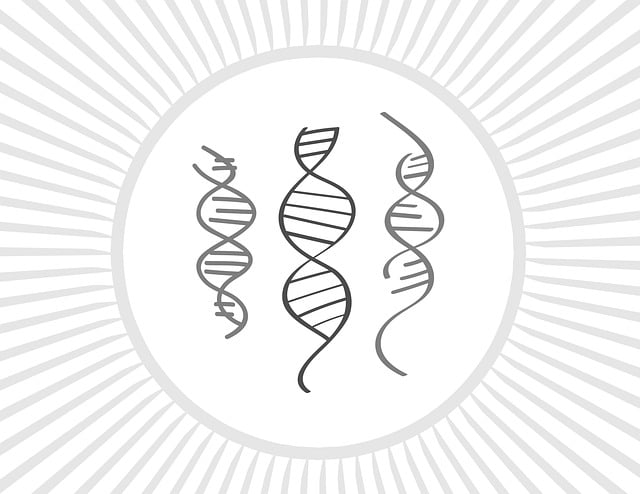
Traditional methods for wart removal have been practiced for centuries, but their success rates vary greatly. Common approaches include freezing with liquid nitrogen (cryotherapy), trimming or burning off warts with a laser or surgical tools, and using topical medications containing salicylic acid. While these methods might offer short-term relief, they often fall short in terms of eradicating the virus completely, leading to potential risks such as scarring or pain.
For hard-to-treat warts, seeking specialized care at a dermatology wart removal clinic becomes essential. Professionals in this field can assess the type and severity of the warts and offer tailored treatments with a focus on preventing the spread and recurrence of the virus, ensuring better long-term outcomes. This includes advanced techniques like immune therapy or prescription medications designed to stimulate the body’s natural defense against the wart-causing virus.
The Role of Dermatology Specialization in Treatment
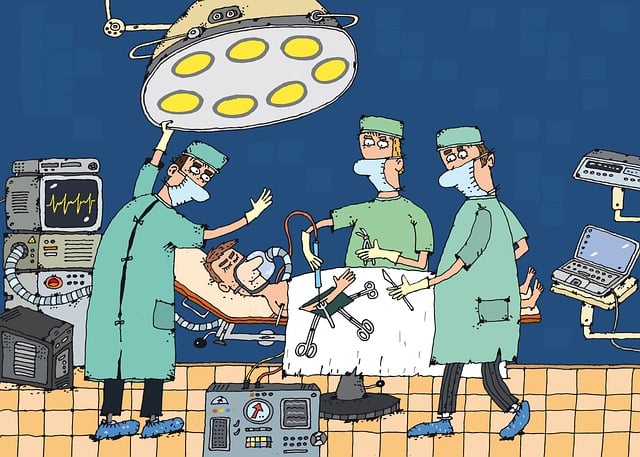
When dealing with hard-to-treat warts, turning to a dermatology specialist is crucial for effective and specialized care. Dermatologists are medical doctors who have completed extensive training in diagnosing and treating skin conditions, including warts. They possess advanced knowledge of various wart types, their causes, and the most suitable treatment approaches. Unlike general practitioners, dermatologists offer tailored solutions for complex cases.
Specialized wart removal clinics, such as those found in Cheltenham or Bristol’s private medical centers, are equipped with state-of-the-art technology and a range of treatment options. These facilities cater to individuals seeking advanced care for stubborn warts. By consulting a dermatologist, patients can receive personalized advice on not only the current wart issue but also strategies for preventing future occurrences. This comprehensive approach ensures that, in addition to effective removal, the patient learns how to safeguard against recurring warts.
Advanced Technologies for Effective Wart Removal
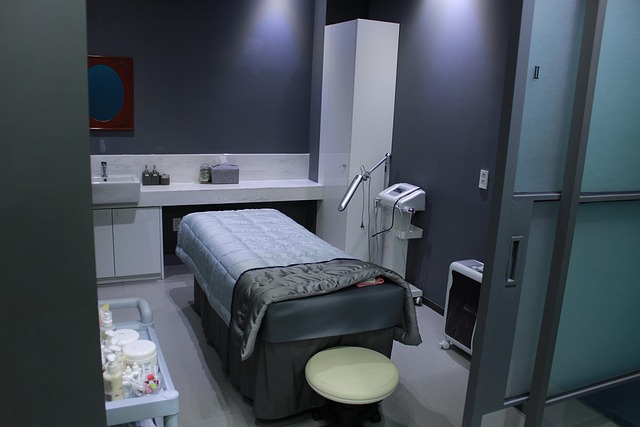
Advanced Technologies for Effective Wart Removal
In the hands of a skilled dermatology wart removal clinic, like those found in Birmingham, Merseyside (St Helens), or Manchester, modern technology offers more than just a simple freeze or cut. Laser treatments, for example, can precisely target and destroy warts while minimizing damage to surrounding skin. This highly effective approach is particularly beneficial for hard-to-treat warts that resist conventional methods.
Other innovative techniques include topical medications with stronger active ingredients and immunotherapy, which helps the body’s immune system recognize and fight off the wart. These advanced procedures are administered by professionals who understand the unique needs of each patient, ensuring a personalized treatment plan that maximizes results and minimizes discomfort for a smoother journey towards wart-free skin.
Choosing a Reputable Wart Removal Clinic
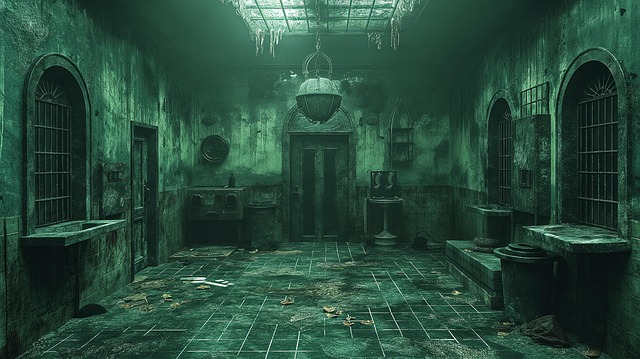
When searching for specialized care for hard-to-treat warts, selecting a reputable dermatology wart removal clinic is paramount. Look for a clinic with experienced dermatologists who specialize in various wart removal techniques. The Lancashire Preston wart clinic, for instance, offers advanced treatments that go beyond traditional methods, ensuring effective and long-lasting results.
Reputable clinics like the wart removal Lancashire Preston services prioritize patient safety and comfort. They use modern equipment and evidence-based practices to eliminate warts quickly and efficiently. Additionally, these clinics provide personalized treatment plans tailored to each patient’s unique needs, addressing concerns about pain, scarring, and recovery time.
Post-Treatment Care and Prevention Strategies
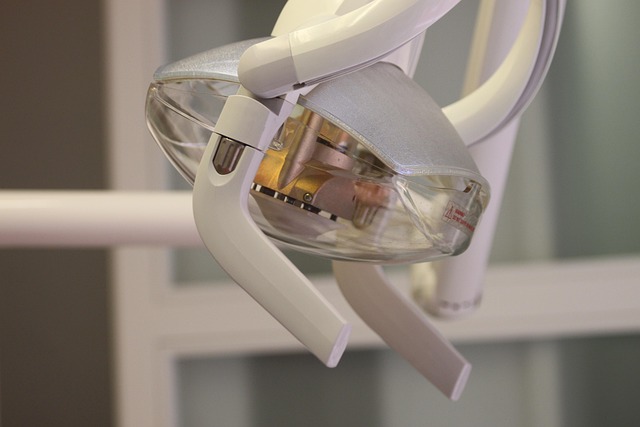
After successful dermatology wart removal at a clinic like ours in Merseyside St-Helens, proper post-treatment care is essential to ensure complete elimination and prevent reoccurrence. It’s crucial to follow the advice provided by your dermatologist, which may include gently cleaning the treated area with warm water and avoiding harsh chemicals or irritants. Moisturizing without excessive use of oil can help maintain skin health while the area heals. Additionally, wearing loose clothing around the treated spot can reduce friction and irritation.
Looking ahead, prevention strategies are key to managing hard-to-treat warts effectively. For athletes, keeping skin dry and avoiding contact with infected individuals or shared equipment is vital. Regularly applying topical creams recommended by your doctor can also help prevent new warts from forming. Moreover, strengthening the immune system through a balanced diet and adequate rest can make the body more resistant to viral infections that cause warts.
When traditional methods fail, it’s crucial to seek specialized care for hard-to-treat warts. Dermatology wart removal clinics offer advanced technologies and expert knowledge to eliminate these persistent skin issues effectively. By understanding the causes, exploring specialized treatments, and choosing a reputable clinic, you can achieve clear, smooth skin once again. Post-treatment care and preventive strategies further enhance the process, ensuring long-lasting results.
